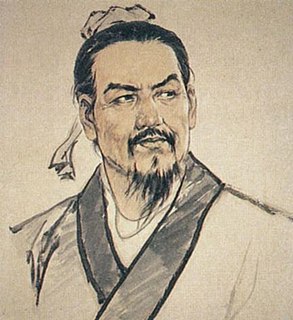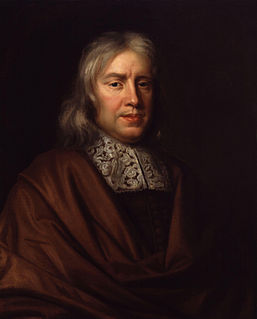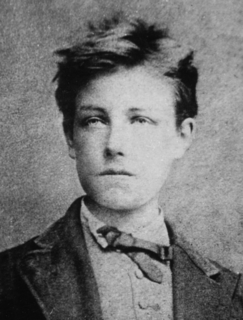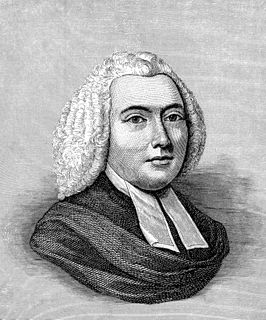A Quote by Han Fei
A wise ruler, when he makes his laws, is bound to find himself in conflict with the world.
Related Quotes
How does one chip off the marble that doesn't belong? ... That comes about through five things: humility, reverence, inspiration, deep purpose, and joy. No great man has ever wise-cracked his way to greatness. Until one learns to lose one's self he cannot find himself. No one can multiply himself by himself. He must first divide himself and give himself to the service of all, thus placing himself within all others through acts of thoughtfulness and service.
Man tries to make for himself in the fashion that suits him best a simplified and intelligible picture of the world; he then tries to some extent to substitute this cosmos of his for the world of experience, and thus to overcome it. This is what the painter, the poet, the speculative philosopher, and the natural scientists do, each in his own fashion. Each makes this cosmos and its construction the pivot of his emotional life, in order to find in this way peace and security which he can not find in the narrow whirlpool of personal experience.
The king is as much bound by his oath not to infringe the legal rights of the people, as the people are bound to yield subjection to him. From whence it follows that as soon as the prince sets himself above the law, he loses the king in the tyrant. He does, to all intents and purposes, un-king himself.






































